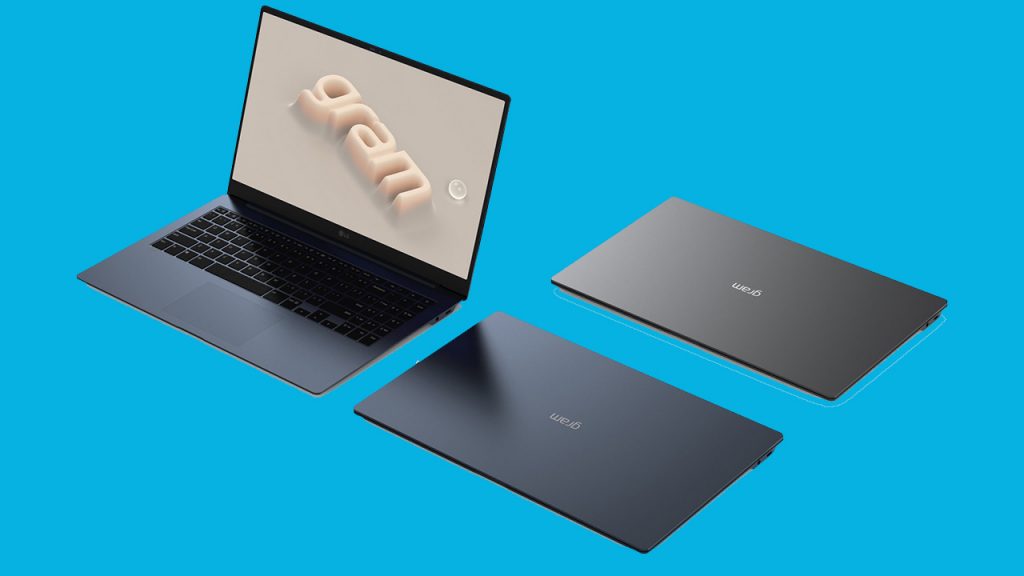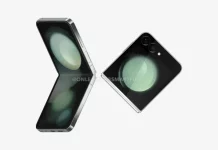Competition in technology continues in almost every field. From the phones and computers you use to companies that produce parts for these devices. When we look at the display market, we see competition between a few big players. Samsung and LG are undoubtedly the most notable of these. Interestingly, LG used a Samsung panel in its first laptop with an OLED screen, despite being a major panel supplier itself. Here are the details…
LG’s first OLED notebook to use panel from Samsung Display
Display technologies continue to evolve. This situation coming with the cheaper panel costs. For example, OLED technology, which was once used only in premium products, can now be seen in mid-range and even entry-level devices. One of the last areas where we see OLED technology is laptops. Lastly, has launched the new Gram Style Series with LG OLED display

LG Electronics has announced its first OLED notebook, the Gram Style series, which comes in 14-inch and 16-inch models. According to the latest reports, these models are being manufactured using Samsung Display’s rigid OLED panels. Rigid OLED panels use glass substrates, which are cheaper than OLED panels with flexible panels that use plastic. Samsung Display currently manufactures rigid panels at its A2 factory in South Korea, which are aimed at mid-tier smartphones and IT products such as notebooks.
As demand for these panels from smartphones decreases, Samsung Display is looking to expand into IT products and automobiles. On the other hand, LG Display currently only supplies flexible OLED panels for Apple’s iPhones and Apple Watches, as well as for premium automobiles. Sources say that LG Display could manufacture rigid OLED panels using its flexible OLED panel production facilities, but it would be more costly than at production lines originally designed to make rigid OLED panels.
This supply deal marks Samsung Display’s first for OLED panels to LG Electronics, highlighting a shift in the OLED market towards IT products and away from smartphones. The move also indicates Samsung’s intention to expand its OLED business in the IT market and LG’s attempt to catch up with its competitors in the notebook market by using OLED panels.
RELATED:
- OLED Tablets Become Popular Due To Pandemic, Jump In Penetration Expected In 2024
- Mustard Launches New Magma and Czar Smartwatches in India With Bluetooth Calling and AMOLED…
- LG Holds Back on 97-Inch Ultra-Large 8K OLED TV Release
- Samsung Develops Revolutionary ‘Lifelike Pixels’ for OLED Screens
- Upcoming Redmi Note Series to Feature OLED Display, In-Screen Fingerprint Sensor
(via)







